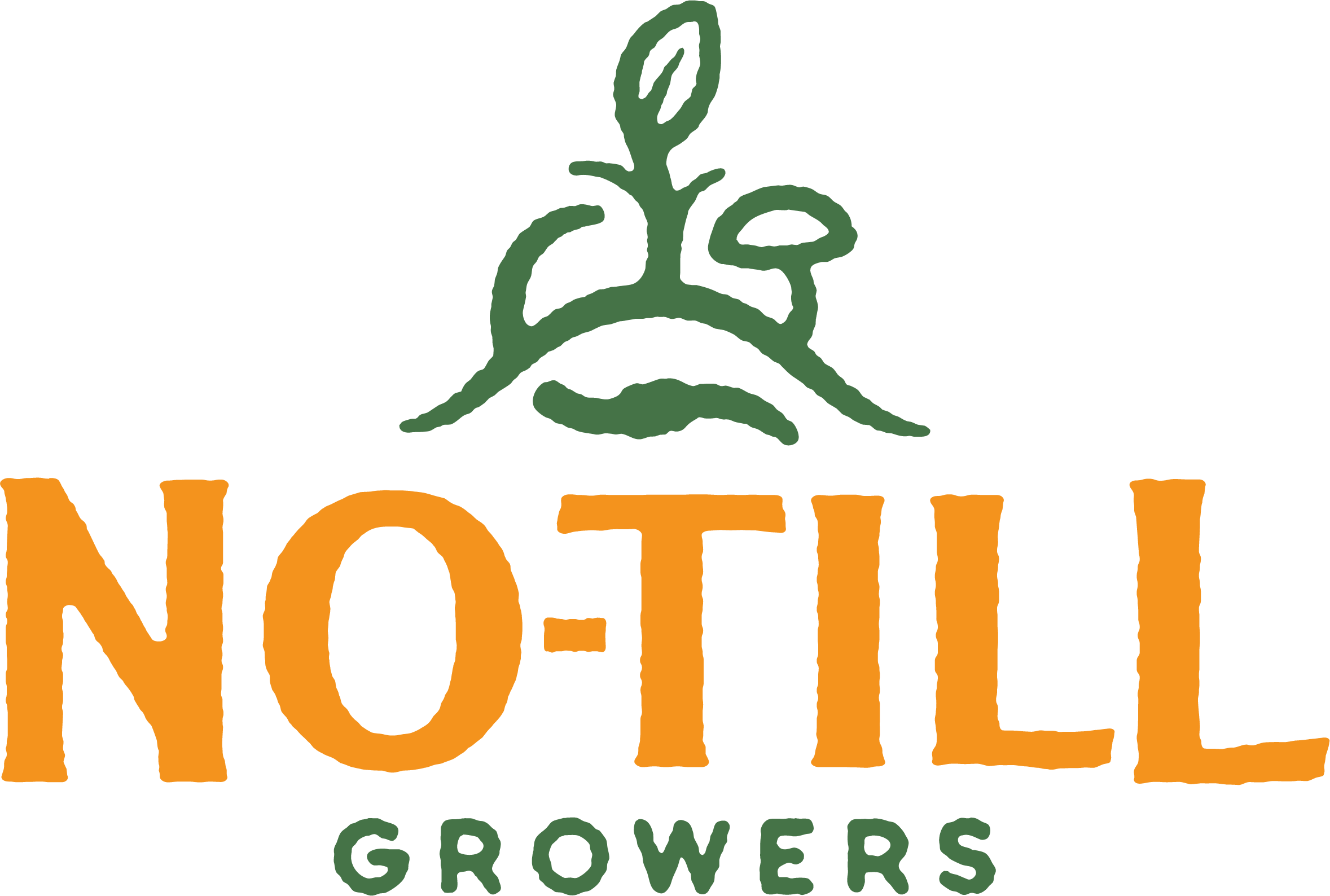OP-ED// "Get [Efficient]... or Get Out"
[a “cute farmkid” photo of my son transplanting beets. Sure, I could have done it faster by myself and we could have used the “time saved” to do something else together, but I’m not sure there was better way to spend the time.]
For those of us in America who were led to farming through the work of Wendell Berry, which is perhaps most of us, we’ve heard the story before. In the 1970s, then Secretary of Agriculture Earl Butz infamously said to farmers, “Get big, or get out!” and to farm “fencerow-to-fencerow”. If the last forty+ years of environmental, economic, and emotional ruin in the wake of industrial agriculture doesn’t convince us of the error in that advice, we are in trouble.
But in trouble we may still be.
I’d been seeing it in bits and pieces throughout social media, but I recently stumbled upon a few posts that made me think we have begun to favor Butz’ advice over Berry’s response to “what do we value?”
Without getting into the specifics, these posts brought Berry V. Butz back to mind through the elation and pride expressed in growing as much food as possible to feed as many people as possible, presumably—from the photos—due to labor-saving technologies. Comment after comment, farmer after farmer, congratulated them on their endeavor. Although I applaud the idea of getting more good local food into the market, it is beginning to appear—to me—that in order to do so we have landed ourselves not but a stones throw from farming fencerow-to-fencerow. Get big, or get out, is beginning to seep into the logic of small-scale farming. It is now under the guise of an implicit “get efficient, or get out”.
As Michael Foley relays in his book, “Farming for the Long Haul”, we’re slowly replacing a vocational approach with an entrepreneurial one. We tell ourselves and one another that farms must make a profit to be sustainable, and it should, but not above all else.
Even at a small-scale, with all of it’s benefits, the margins for farming compared to most professions is still small. I feel the pressure myself. With each open bed I’m tempted to grow more lettuce, because the margins for lettuce are high. Not only do I feel the need to meet certain financial goals for our farm as a business, but also that each mistake doesn’t just lose the farm money, it’s like I’m taking it directly from my family. Further, if we can’t pay the bills, we can’t continue to farm.
I also don’t disagree that small-scale farms should be profitable. Some efficiencies make farming easier on the body/mind, which allow us to farm year-after-year without breaking our backs. Indeed, we’ve made no small progress in making our farms more human-centric. It would be foolish to think otherwise. However, not every decision should be based on profit maximization (conversely, a heavy broadfork may be slow, but it makes me stronger and I’m sure it builds character). When we embrace that mentality we cease to have a vocation. We suddenly become the owners of small food factories. In that case, too, I am taking from my family by being, as Berry described the farmers of Henry County, KY in his rebuttal, “more worried about money and more overworked than ever before.”
And what kid can truly feel at home in such a place? We, myself included, want to farm for just 40 hours a week so that we can spend more time with our friends and family. In doing so, we begin to remove them from the farm, along with some of the valuable lessons the farm has to teach us about slowing down, pleasure of working alongside others (especially small children) instead of replacing them with labor-saving devices, the things you have the opportunity to think about when—say—broadforking, etc. These are just a few of the innumerable social implications. Berry’s response to Butz of “what do we value,” is a critical question—what indeed? What else do we value about our farms? Our vocations? Our way of life?
How do we grow the requisite amount of food to make our living, while embracing some of the other values farming offers? How do we define a living? Moreover, are we leaving room for more farmers to achieve the same? How do we not, as history shows us and as we read about in Foley’s Book—indeed, as we have always heard from Berry—ditch all but that which makes the highest profit? Fencerow-to-fencrow meant no more animals, no more barns, the end of the farm community. The small-scale vegetable farm is not inherently immune to it, either. At this moment, we seem borderline intoxicated by it.
Animals are out. Potatoes and sweet corn are out. Soil is out, even. Growing outside is out. Does this sound familiar? To be sure, “fencerow-to-fencerow” doesn’t have to involve fences.
We can choose to be “of Butz” or are “of Berry”. If we choose the former it will be hard for us to avoid the same fate of the family farms before us. If we choose the latter, we have a chance to grow something more than food. We can build farms and farmers. Soil and community. And we can all, as it were, “stay in”.
As the late Gene Logsdon worded it, as only he could, “root hog, or die” or “scratch hen, and live.”
